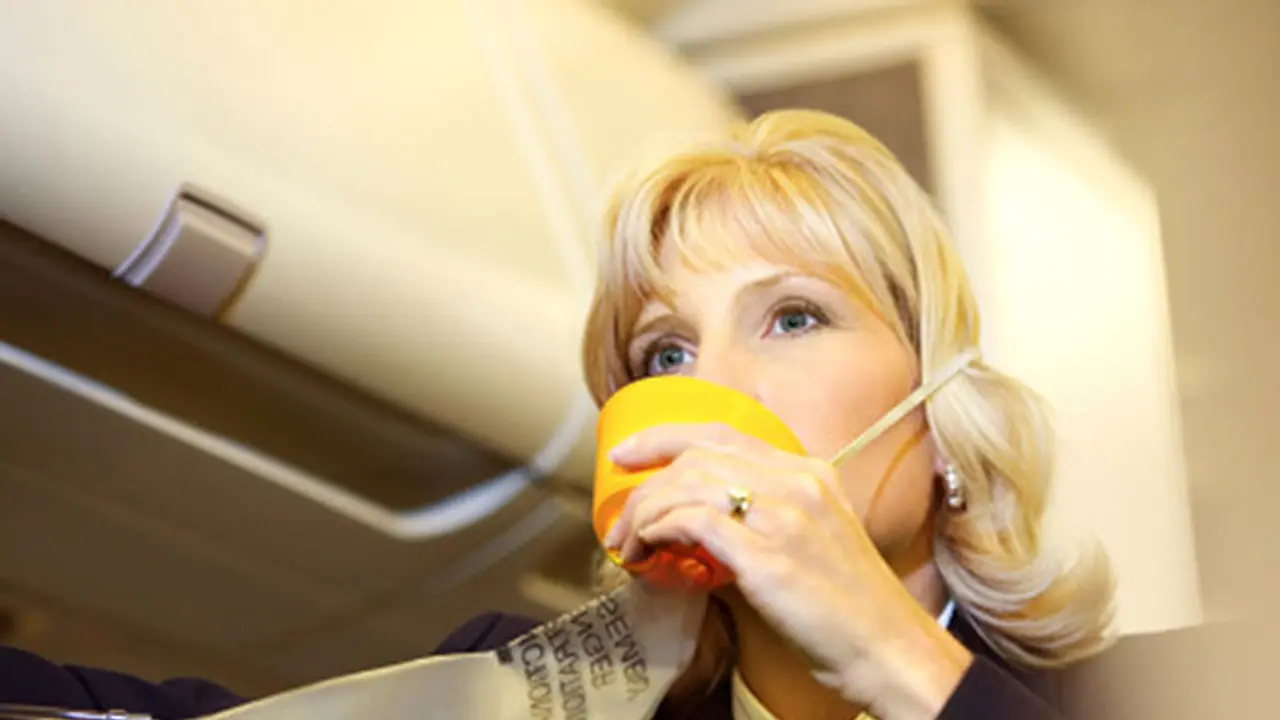Experiencing shortness of breath after a meal is a symptom rather than a problem. People suffering from food allergies, asthma, abdominal issues and anxiety experience this after eating. Its useful to know what are the triggers so that proper care can be taken when this occurs.

Shortness of breath after a heavy meal is common. This condition, known as dyspnea, occurs when there are underlying medical conditions. These health problems get triggered when food enters the system and the stomach has to digest the food. If you’re struggling to breathe after you’ve eaten, your body might be telling you to get a medical check up done for these health problems.
Lung problems
If you are suffering from asthma or pneumonia, you might feel out of breath after a meal. Keeping an inhaler at all times could relieve you of this problem.
Food allergies
Apart from feeling breathless, you will feel nauseous, experience chest pain, have rashes on your body and your skin will break into hives.
Obesity
People who are overweight experience shortness of breath after a meal because their stomach is often extended. This happens because of excessive adipose tissue in their belly.
GERD
This problem, which occurs right after eating, sends acid reflux from the stomach and into the oesophagus. This could produce a number of unpleasant sensations such as burning in the chest, cough, hoarseness and difficulty swallowing.
Anxiety
Anxiety leads one to develop irregular eating habits. People who binge eat when they’re stressed gasp for breath later. Apart from having experiencing shortness of breath, they also deal with intense fear which in turn makes it difficult for people to breathe. In such cases, seeking professional help may alleviate symptoms.
